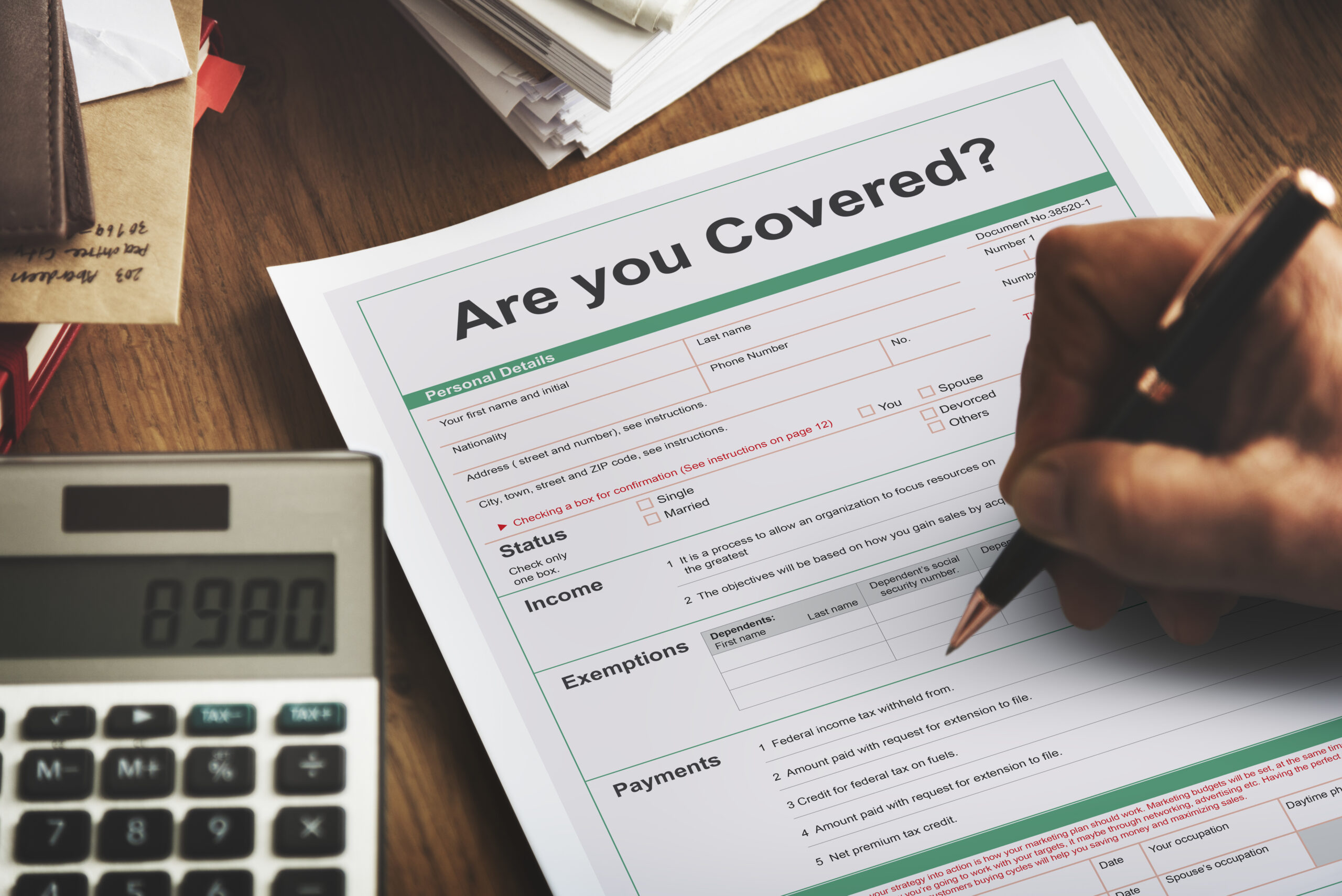Benefits of Owning Real Estate
Real estate as a form of passive income is a common goal for many of our clients. We love real estate ownership because of its consistent monthly income, steady appreciation and its numerous tax benefits.
Passive Investing
Let’s start with some background. All income is either considered active or passive. Active income is usually from your employer or from work you did for a customer. Capital gains and real estate income are typically considered passive income. Why does it matter? Taxes.
All active income has an additional 15.3% tax. This is called FICA tax and it funds social security and Medicare. Typically, an employer pays for half of this tax, and you pay the other half. Real estate is considered passive and is exempt, thus your tax bill is lower for income made from passive investing.
Tax Write-Offs
When you buy real estate, you are starting your own business, which gives you the ability to write expenses off of your income and lower the taxes you pay. These expenses include mortgage insurance, property taxes, repairs, insurance, and travel. It’s important to note that write offs are not free money but simply reduce your taxable income.
The way tax write-offs work is simple. All the expenses that it takes to run a rental building mentioned above get subtracted from the rents you get before you get taxed on the remainder. But there is an additional tax write off that isn’t an expense you actually made that makes real estate even better. Depreciation.
Depreciation 101
Depreciation is an important tool for any real estate investor. Properties wear out, age, and need updates; depreciation allows you to deduct the useful life of the property from the income you are earning. In its simplest form, you can depreciate 3.636% of the value of the structure over 27.5 years for residential real estate.
For example – Joe purchased a duplex for $400,000. The lot is worth $100,000 and the duplex is worth $300,000. Joe charges $1,500 a month per unit to rent the property. After expenses and the mortgage, Joe is making about $12,000 a year. When Joe files his taxes for the property, he can take a tax deduction of about $11,000. This is good news – Joe only pays income tax on $1,000!
We’ve only scratched the surface on depreciation. It’s important to know that there are several strategies that can dramatically increase your depreciation amount and further reduce your taxable income.
Real Estate Professional
As we discussed in the first section, there are two forms of income – passive and active. Real Estate Professionals have the unique ability to mix these two incomes. Why does it matter? Let’s look at our depreciation example above.
Joe made some mistake and lost a great tenant. Suddenly his income from the property is cut in half for the year and he only makes $6,000 after expenses. Joe is still entitled to a depreciation tax write-off of $11,000. Which means he has eliminated his tax bill for duplex — but what happens to the left over $5,000 write off if he only had $6,000 of income? One option is that the loss can be carried forward to another year. But if Joe is a real estate professional that made $200,000 in commissions helping his clients. He could write off the $5,000 loss against his active commission income, thus reducing his total income tax even further.
The good news is that you do not have to be a licensed professional to get this benefit but there are three tests to pass for the IRS to let you attach your real estate losses to your active income.
- Did you spend 750 hours a year on real estate?
- Is your primary occupation Real Estate?
- Are you Materially involved in the management of the real estate?
The best part- if your spouse qualifies, then so do you! This allows you to reduce your total family taxes in a dramatic way.
Key take away – real estate holds unique taxable benefits for nearly every investor.
Disclaimer: This post is for informational purposes only and is never to be taken as advice or a recommendation. Talk to a tax or legal professional to determine how this information best applies to your personal situation.
Similar Articles
Business Owner


